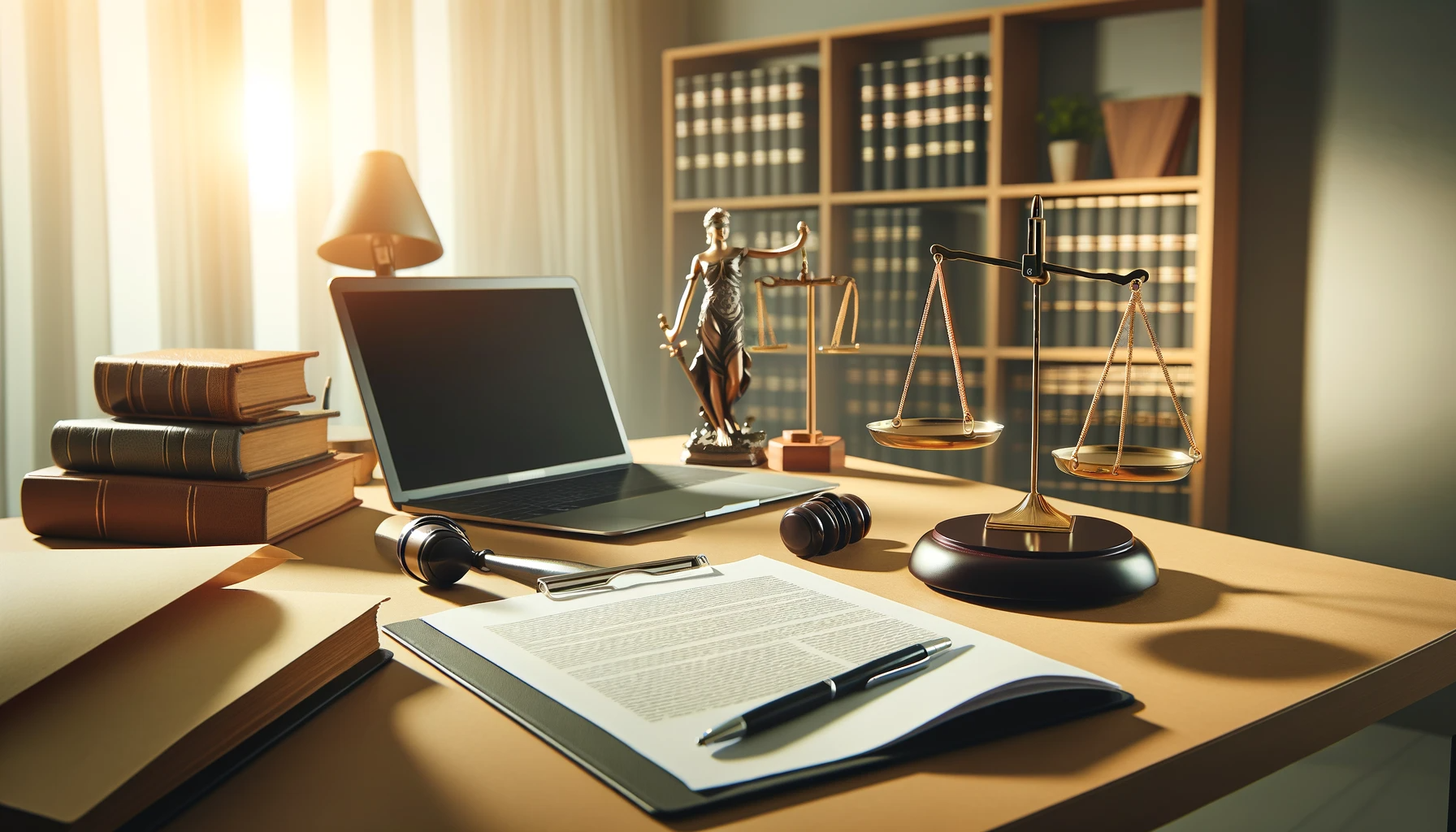Understanding the Litigation Process in Car Accident Cases
When you’re involved in a car accident that wasn’t your fault, one of the key questions you might have is, “What are the chances of my case going to trial?” At Avard Law Offices in Cape Coral, Florida, we understand the complexities and concerns surrounding this question. This blog aims to shed light on the litigation process in car accident cases and what factors influence whether a case goes to trial.
The Initial Assessment
Firstly, it’s essential to understand that most car accident claims are settled out of court. The journey begins with an initial assessment of your case, where we evaluate the details of the accident, the extent of injuries, and the impact on your life. This assessment is crucial in determining the direction of your case.
The Role of Insurance Companies
In many cases, the other driver’s insurance company plays a significant role. These companies often prefer to settle claims out of court to avoid the unpredictability and costs of a trial. However, the settlement offered may not always align with the victim’s best interests.
The Settlement Phase
As your legal representatives, our goal at Avard Law Offices is to negotiate the best possible settlement for you. This involves back-and-forth negotiations with the insurance company. The strength of your case, including the quality of evidence and clarity of liability, greatly influences these negotiations.
Deciding to Go to Trial
The decision to go to trial hinges on several factors:
- The Settlement Offer: If the insurance company’s offer is significantly lower than what we believe your claim is worth, we may advise going to trial.
- Disputed Liability: If there’s a dispute over who was at fault, a trial might be necessary.
- Complex Cases: In cases involving severe injuries or complex legal issues, a trial may offer the best chance for fair compensation.
Preparing for Trial
If your case goes to trial, it’s a more involved process. This includes:
- Discovery: Both sides exchange information and evidence.
- Depositions: Witnesses and experts give their statements under oath.
- Trial Preparation: We prepare legal arguments, gather evidence, and strategize on presenting your case most effectively.
The Trial Process
During the trial, both sides present their case, including opening statements, witness testimonies, and closing arguments. The judge or jury then deliberates and makes a decision on liability and damages.
The Role of Evidence
Strong evidence is pivotal in a trial. This includes medical records, eyewitness statements, expert testimonies, and accident reconstructions. The clearer and more compelling the evidence, the higher the likelihood of a favorable outcome.
The Duration of the Process
The timeline from the accident to the trial’s conclusion can vary significantly, often taking months or even years. Patience and resilience are crucial during this period.
The Impact of a Trial
Going to trial can be emotionally and financially taxing. It’s a public process, and there’s always an element of uncertainty. However, in cases where fair compensation cannot be secured through settlement, a trial may be the best course of action.
The Decision is Yours
Ultimately, the decision to go to trial is yours. As your legal team, we provide guidance based on our experience and expertise, but we respect and support your decision, whether it’s to settle or go to trial.
Conclusion
At Avard Law Offices, we’re committed to ensuring that you receive the justice and compensation you deserve. While the prospect of going to trial can be daunting, we’re here to guide you through every step, ensuring that you’re informed, prepared, and supported.
Remember, each case is unique, and the decision to go to trial depends on various factors. If you’re in a situation where you’re considering legal action following a car accident, we encourage you to reach out to us for a personalized consultation. Let us help you navigate the legal landscape and work towards the best possible outcome for your case.

